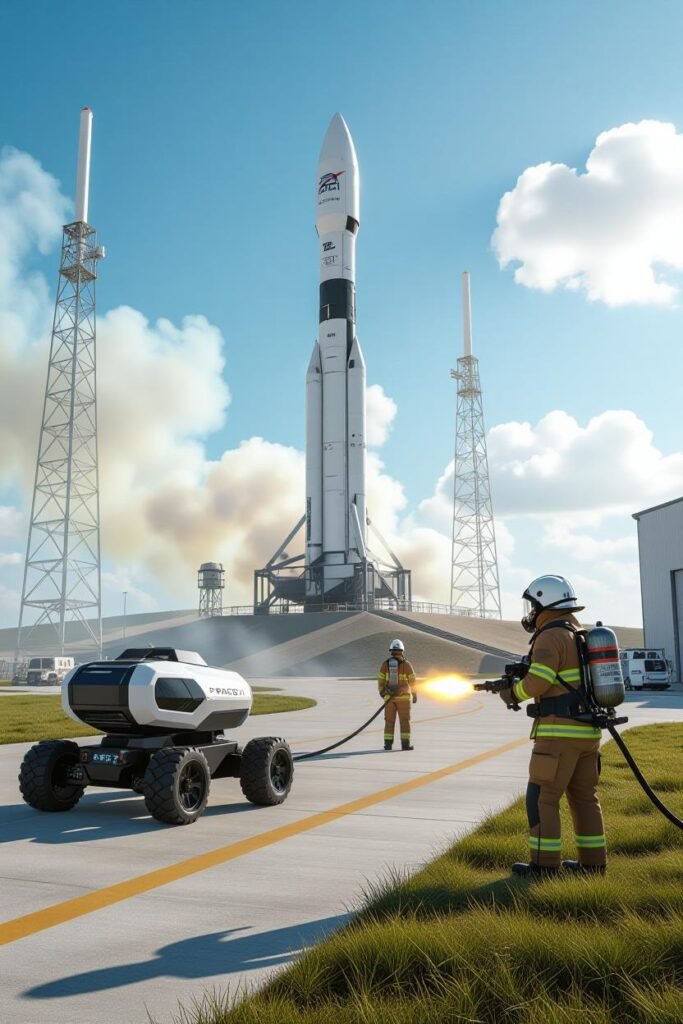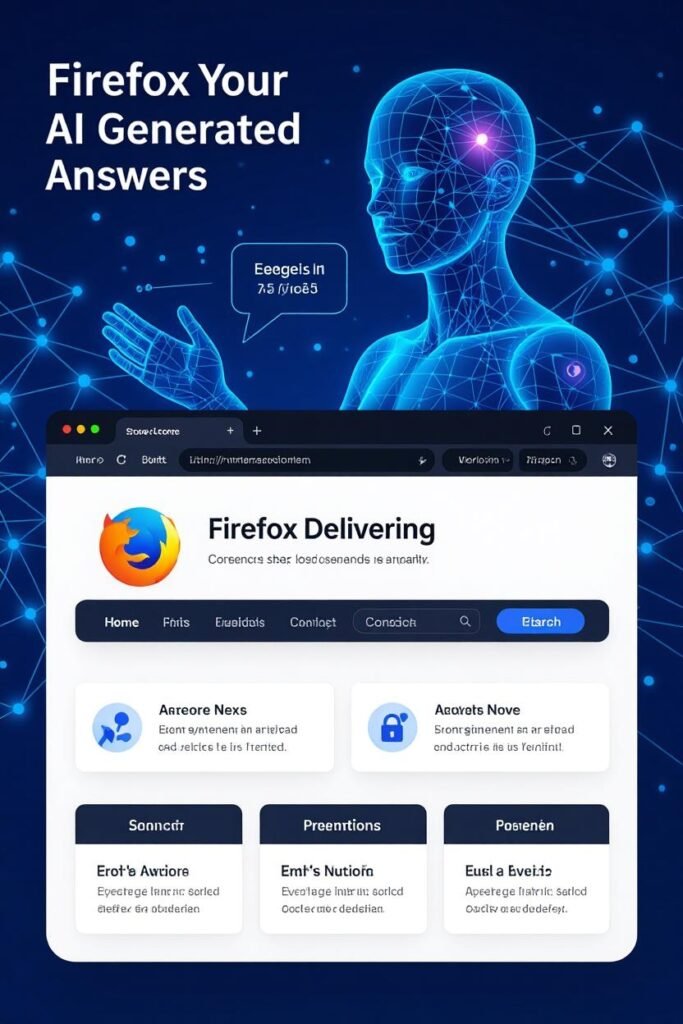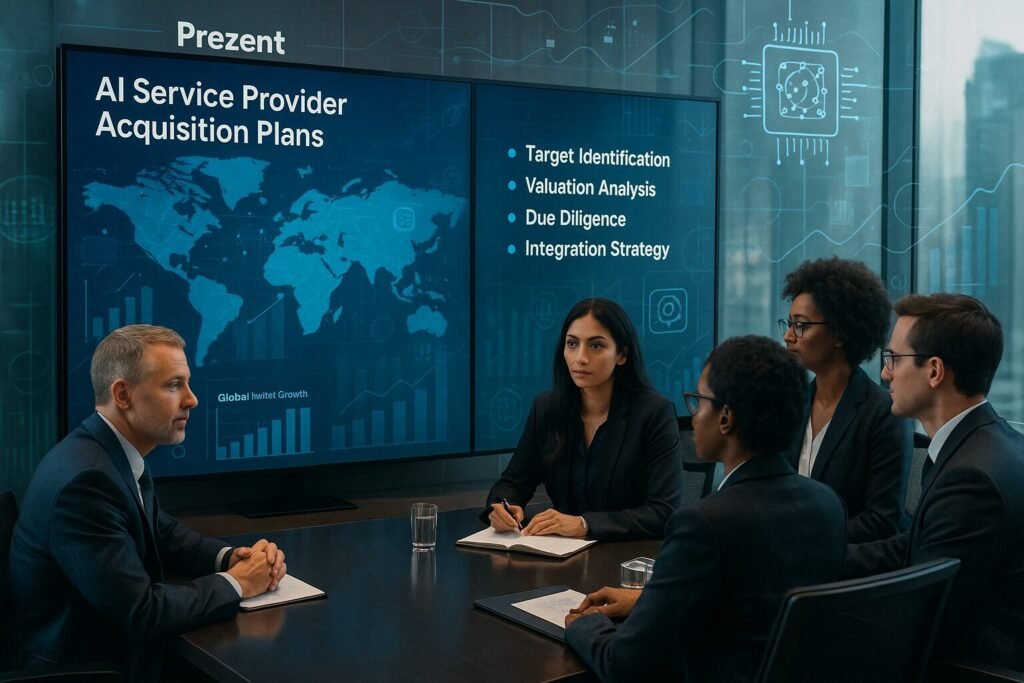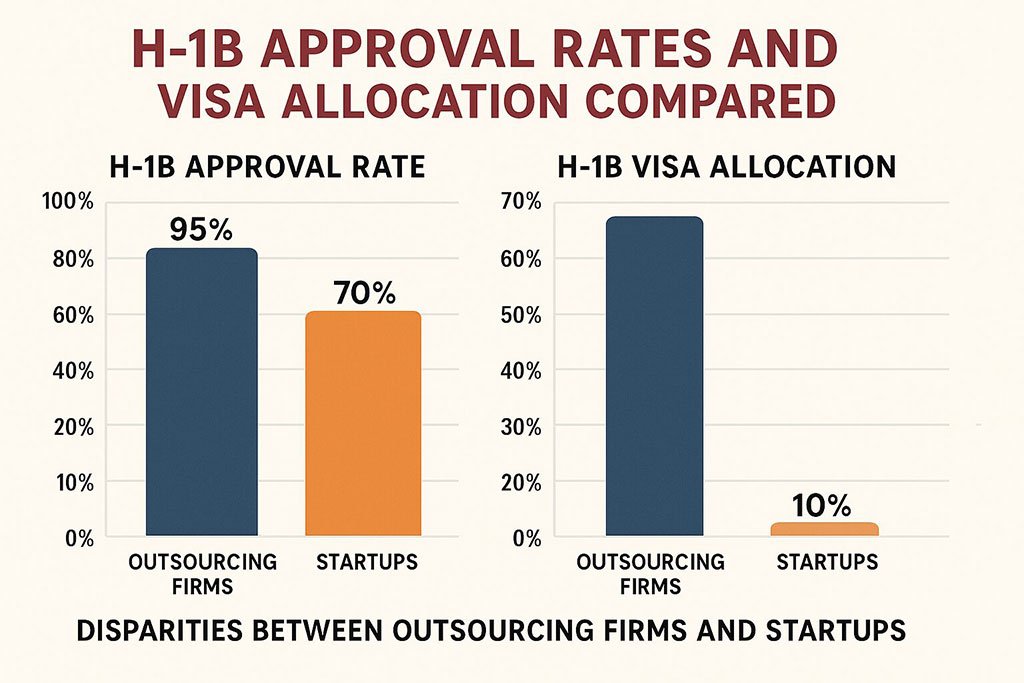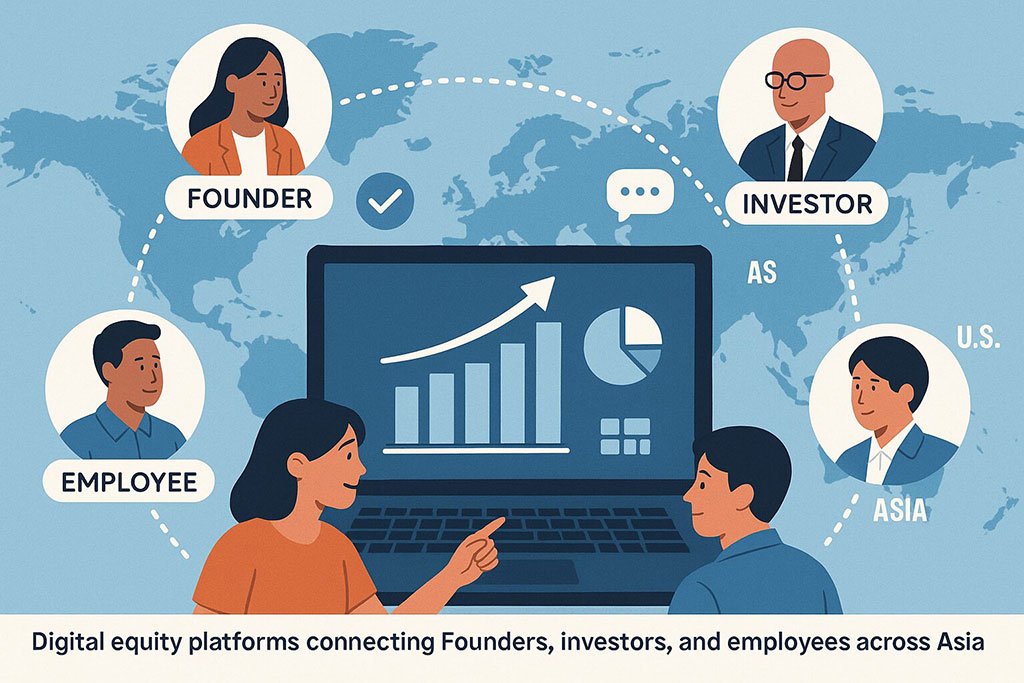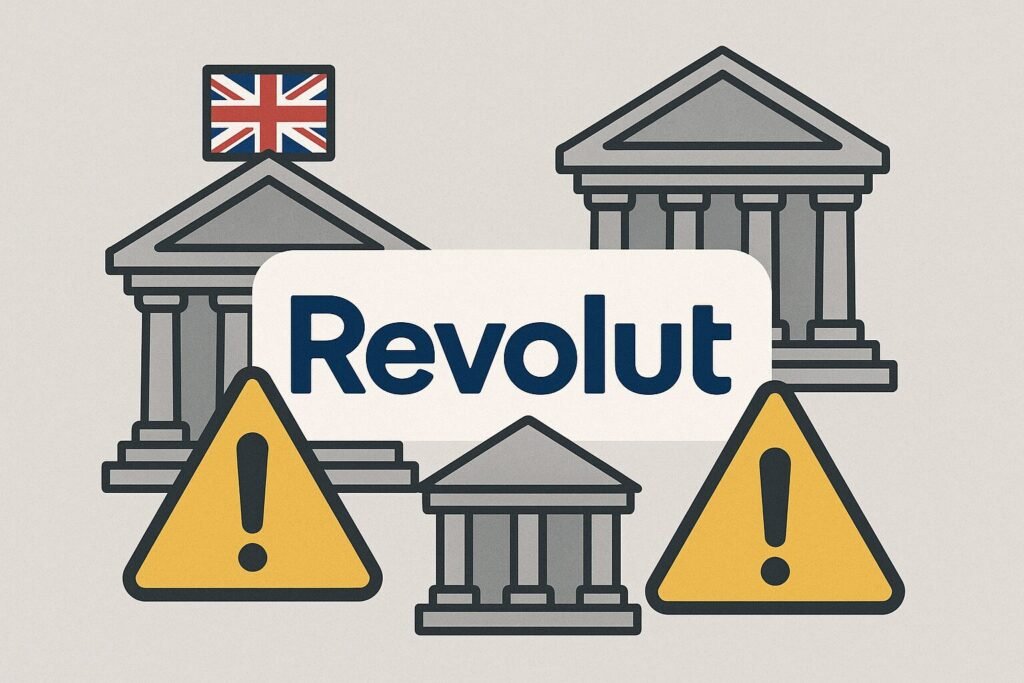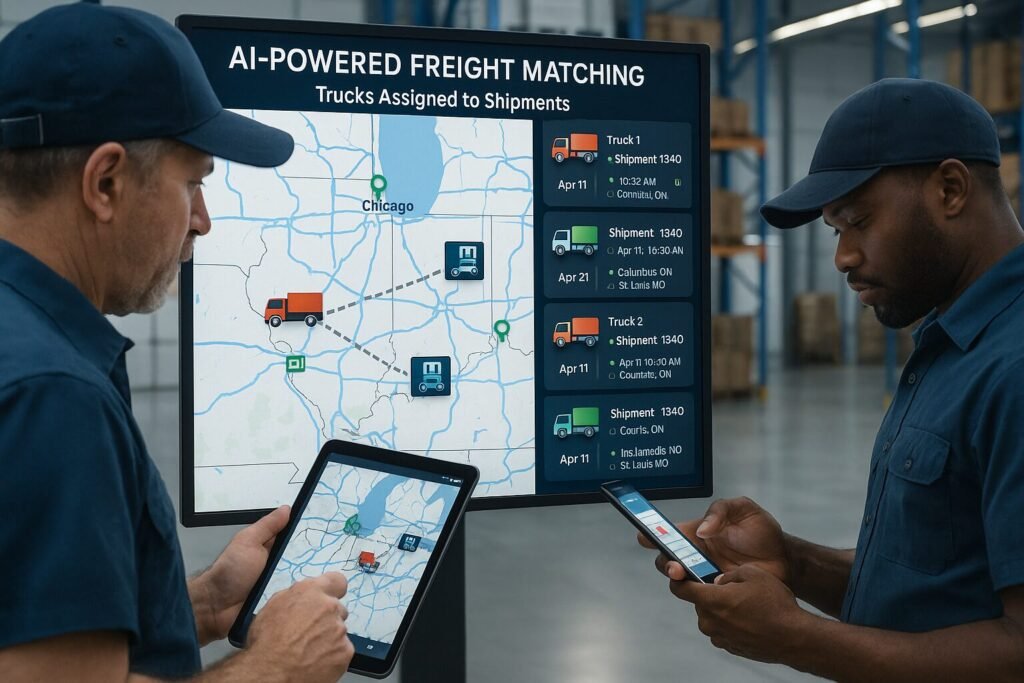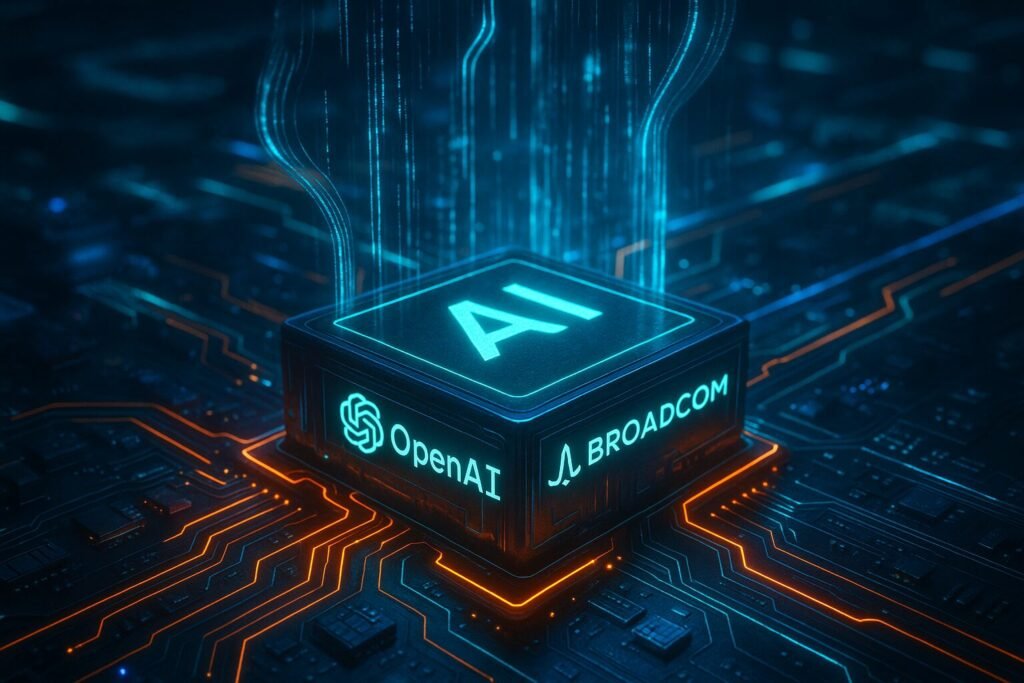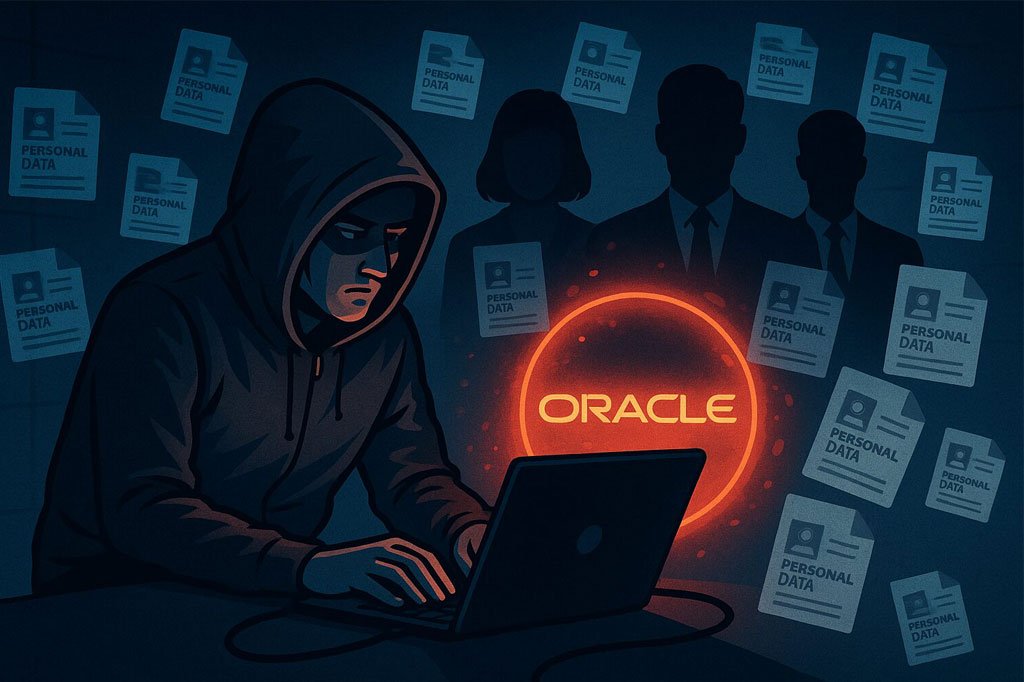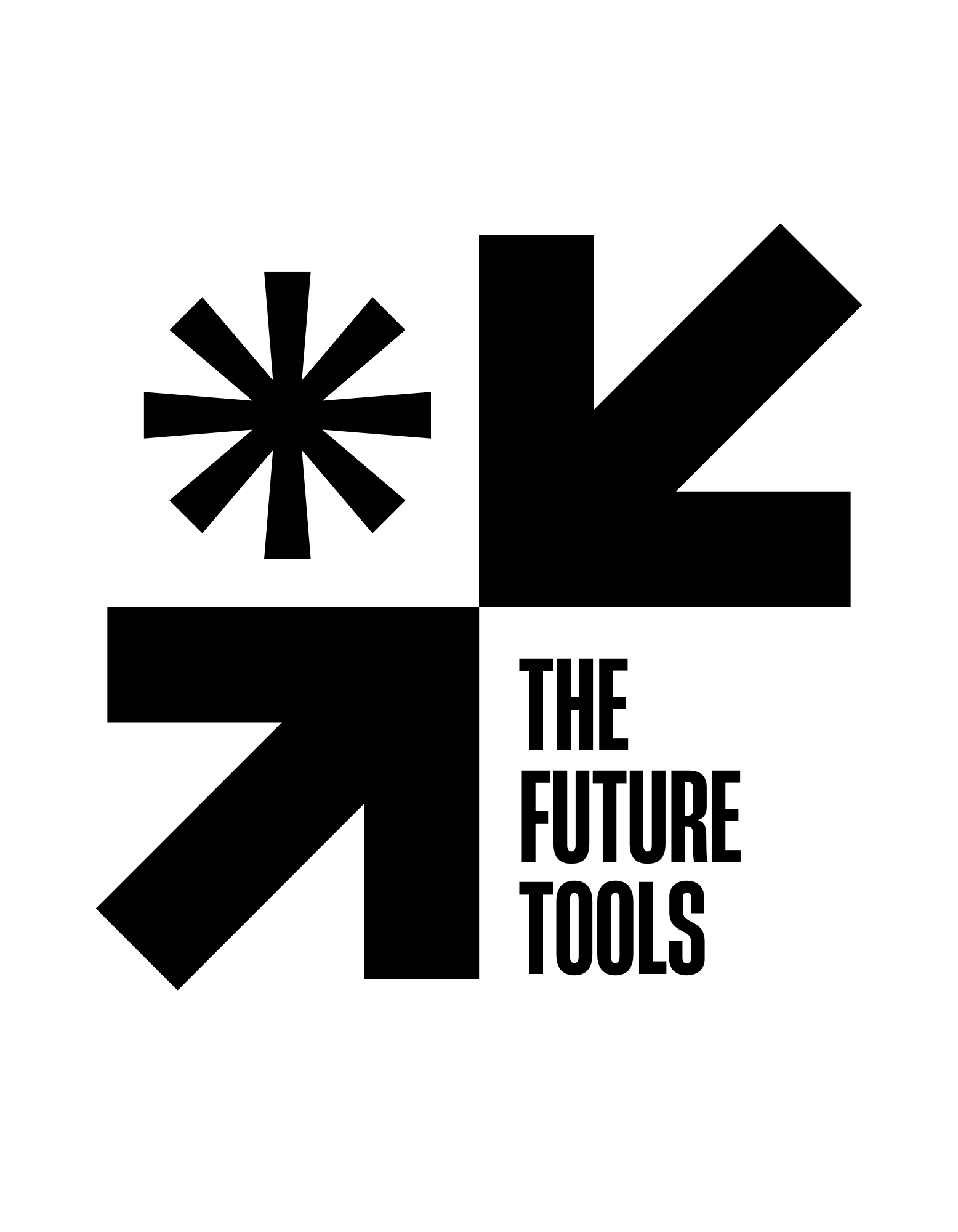Now Reading: Enterprise AI Fails 95%: Maisa AI’s $25M Fix
-
01
Enterprise AI Fails 95%: Maisa AI’s $25M Fix
Enterprise AI Fails 95%: Maisa AI’s $25M Fix

Enterprises are pouring billions into AI initiatives, yet a staggering 95% of these projects never make it past the pilot stage. This alarming statistic, highlighted in a recent report from MIT’s NANDA initiative, underscores a critical flaw in current AI deployments: lack of trustworthiness and accountability. Enter Maisa AI, a promising startup that’s just secured $25 million in seed funding to tackle this very problem head-on. Founded in 2024, Maisa is pioneering “agentic AI” – systems that don’t just respond to queries but build and execute entire processes with human-like reasoning, all while maintaining transparency and reliability.
This funding round, led by European VC firm Creandum and including participation from Forgepoint Capital, NFX, and Village Global, marks a significant vote of confidence in Maisa’s mission. Backed by heavyweights like Mark Zuckerberg, Jeff Bezos, and Eric Schmidt through Village Global’s earlier pre-seed investment, Maisa is poised to disrupt the enterprise AI landscape. But why is this failure rate so high, and how does Maisa plan to flip the script? Let’s dive deeper into the challenges of enterprise AI and explore how this innovative company is set to change the game.
The Alarming Reality of Enterprise AI Failures
Enterprise AI adoption has skyrocketed since the advent of generative models like ChatGPT, with companies across sectors racing to integrate AI for efficiency gains. However, the reality is sobering. According to MIT’s NANDA report, 95% of generative AI pilots fail due to issues like hallucinations – where AI generates plausible but incorrect information – lack of integration with existing systems, and insufficient accountability mechanisms. These failures aren’t just technical; they erode trust, waste resources, and stall digital transformation efforts.
Consider the typical enterprise scenario: A bank deploys an AI tool for fraud detection, only to find it flagging legitimate transactions due to biased training data. Or a manufacturing firm experiments with AI for supply chain optimization, but the system hallucinates inventory levels, leading to costly errors. These aren’t isolated incidents. Gartner predicts that by 2025, 30% of generative AI projects will be abandoned after proof-of-concept due to poor data quality, inadequate risk controls, and escalating costs. Yet, the potential rewards are immense – successful AI implementations can boost productivity by up to 40%, according to McKinsey.
The root causes of these failures are multifaceted. First, there’s the “black box” problem: Traditional AI models lack explainability, making it impossible for users to audit decisions. Second, enterprises often lack the in-house expertise to customize AI, relying on developers who are in short supply. Third, regulatory pressures in industries like finance and healthcare demand traceability, which current AI setups rarely provide. This is where the 95% failure rate stems from – pilots that look promising in controlled environments crumble under real-world scrutiny.
Maisa AI’s emergence couldn’t be timelier. By focusing on “trustworthy digital workers,” the company addresses these pain points directly, offering a path to scalable, reliable AI that enterprises can actually deploy in production.
Who Is Maisa AI? Founders and Origins
Maisa AI was co-founded in 2024 by David Villalón, who serves as CEO, and Manuel Romero, the Chief Scientific Officer. Both hail from Spain and bring a wealth of experience from the AI trenches. Villalón previously held roles as Chief AI Officer at Clibrain and Director of Product at Voicemod, where he honed his skills in applied AI for consumer and enterprise applications. Romero, meanwhile, is a powerhouse in the open-source community, ranking among the top contributors to Hugging Face with over 700 models and 15 million monthly downloads. Their shared history at Clibrain, a Spanish AI startup, sparked the idea for Maisa when they witnessed firsthand the reliability issues plaguing generative AI.
Headquartered in both Valencia, Spain, and San Francisco, California, Maisa embodies a transatlantic approach, blending European regulatory savvy with Silicon Valley innovation. The company started small but has grown to a team of 35, with plans to expand to 65 by the first quarter of 2026. This dual-hub strategy allows Maisa to serve global clients while navigating diverse market needs.
What sets Maisa apart is its recognition in industry reports. In a notable first for a Spanish startup, Maisa was mentioned alongside tech giants like Google, Amazon, and Salesforce in Gartner’s Hype Cycle for AI and Future of Work. This accolade underscores the company’s rapid ascent and the industry’s hunger for solutions that make AI practical for enterprises.
The $25M Funding Round: Investors and Implications
The $25 million seed round announced on August 28, 2025, builds on a $5 million pre-seed from December 2024. Led by Creandum – known for backing successes like Spotify and Klarna – the round also saw contributions from Forgepoint Capital’s European arm in partnership with Banco Santander, as well as repeat investments from NFX and Village Global. This influx of capital will fuel hiring in AI R&D, engineering, sales, and customer success, while accelerating expansion in Europe and North America.
Investors are betting big on Maisa’s potential. Peter Specht, General Partner at Creandum, praised the company for “solving one of the toughest challenges in AI: making it reliable and safe for mission-critical operations.” Similarly, Alberto Yepez from Forgepoint highlighted its suitability for compliance-heavy sectors like finance. For enterprises, this funding signals stability and scalability, key factors in adopting new AI tech.
In a broader context, this round reflects the “AI framework gold rush,” where startups are vying to create tools that democratize AI. Maisa stands out by targeting non-technical users – so-called “citizen developers” – enabling them to build AI agents without coding expertise.
How Maisa AI Is Revolutionizing Enterprise Automation
At the heart of Maisa’s solution is Maisa Studio, a self-serve platform launched alongside the funding announcement. This model-agnostic tool allows users to create “digital workers” using natural language instructions, bypassing the need for datasets or dedicated developers. Unlike traditional robotic process automation (RPA), which relies on rigid rules, Maisa’s agentic AI adapts and learns on the job.
Key technologies powering this include:
- Human-Augmented LLM Processing (HALP): A proprietary method where AI agents outline steps for human approval, ensuring accuracy and reducing hallucinations.
- Knowledge Processing Unit (KPU): A deterministic reasoning engine that transforms general LLMs into specialized, trustworthy agents.
- Chain-of-Work: An auditable record of every decision and action, providing full transparency for compliance and debugging.
The platform integrates with over 450 third-party systems, handles APIs, web interactions, and even legacy software. Deployment options include Maisa’s secure cloud or on-premise setups, catering to regulated industries.
Real-world impact is already evident. A global investment bank uses Maisa’s digital workers for media screening to assess reputational risks, replacing manual processes. In another case, a financial services firm automated transaction checks, achieving a 10x productivity boost per person and filtering out 99% of false positives – all without engineering involvement. These successes in sectors like banking, automotive, and energy demonstrate Maisa’s ability to move beyond pilots to production-scale deployments.
CEO David Villalón sums it up: “We use AI to build the process that needs to be executed to get to the response – what we call ‘chain-of-work.’” This approach not only mitigates the 95% failure rate but also empowers teams to scale AI safely.
Competitive Landscape and Challenges Ahead
Maisa isn’t alone in the space. Competitors like CrewAI offer AI workflow automation, but Maisa differentiates with its emphasis on accountability and enterprise-grade compliance. While freemium platforms target hobbyists, Maisa focuses on complex, mission-critical use cases.
Challenges remain, including proving long-term ROI and navigating evolving AI regulations. However, with its strong funding and early traction, Maisa is well-positioned. The company plans to serve its waiting list aggressively in Q4 2025, expanding pilots with global firms.
A New Era for Enterprise AI
The 95% failure rate of enterprise AI is a wake-up call, but Maisa AI’s $25 million raise signals hope. By delivering accountable, agentic AI through Maisa Studio, the startup is bridging the gap between AI promise and reality. As Villalón states, “We are going to show the market that there is a company that is delivering what has been promised, and that it’s working.”
For enterprises tired of failed pilots, Maisa offers a trustworthy alternative. As AI continues to reshape business, companies like Maisa will lead the charge toward reliable, scalable intelligence. The future of enterprise AI isn’t about hype – it’s about results, and Maisa is here to deliver them.

